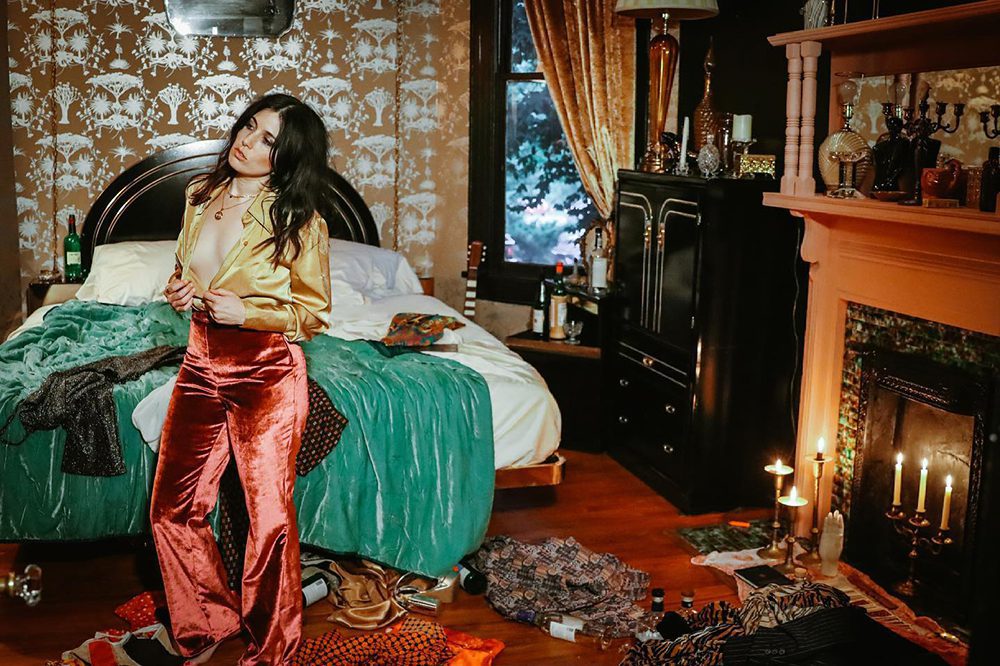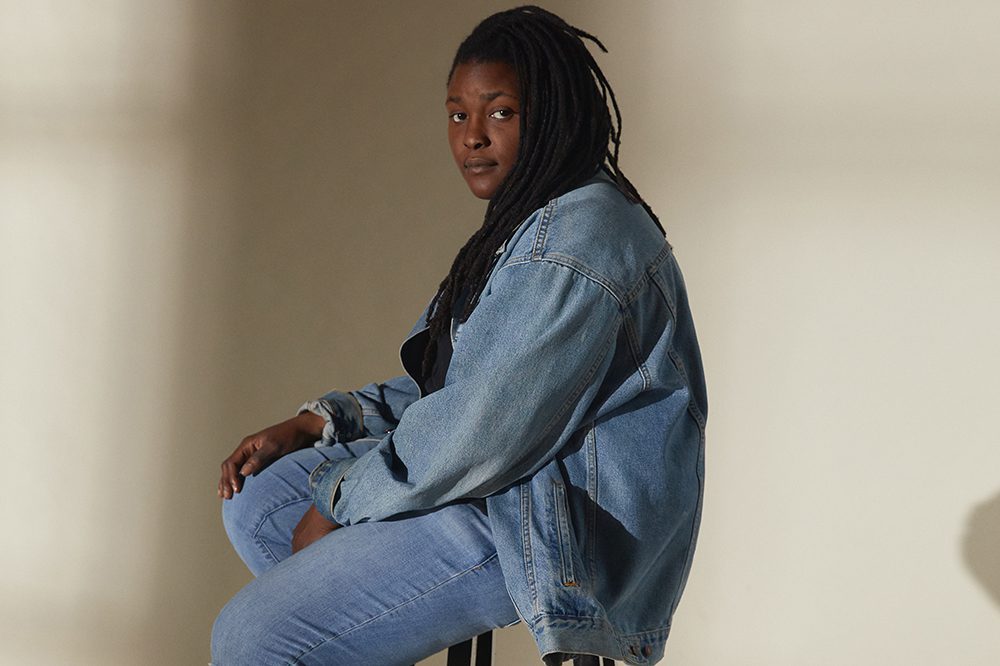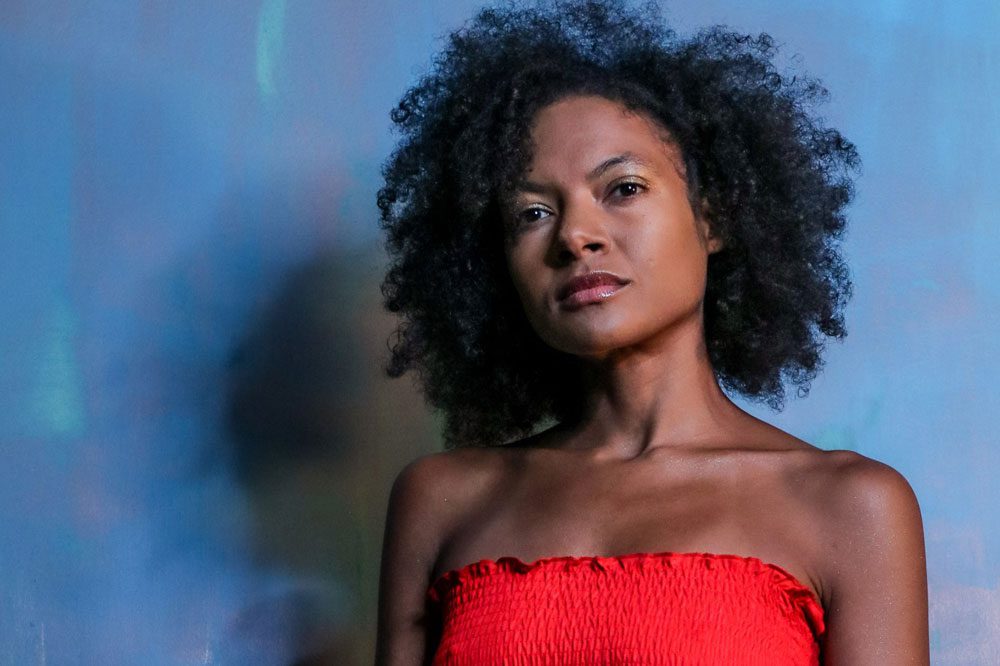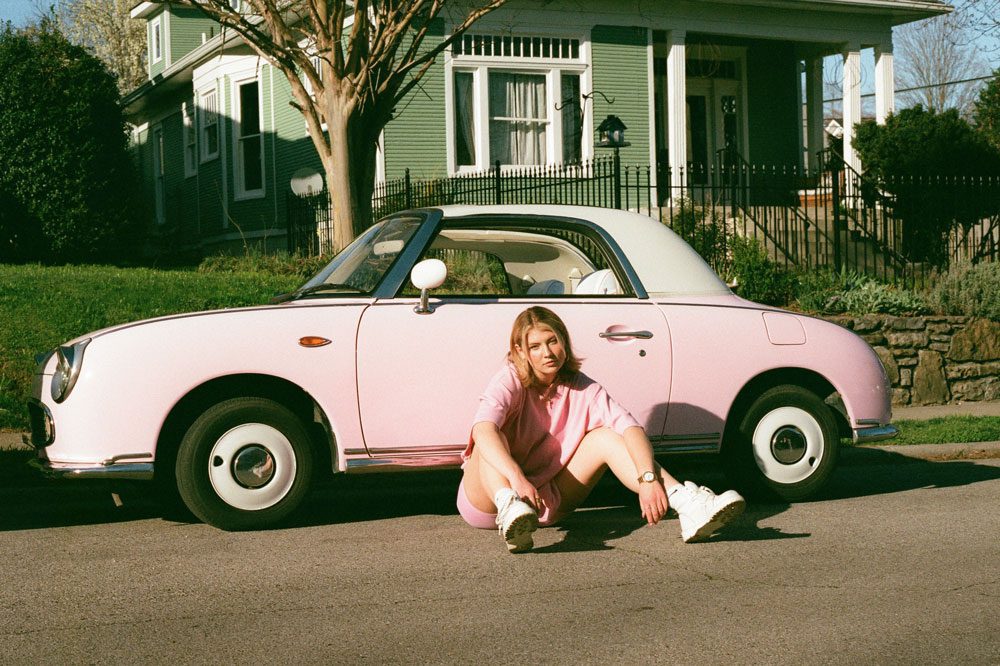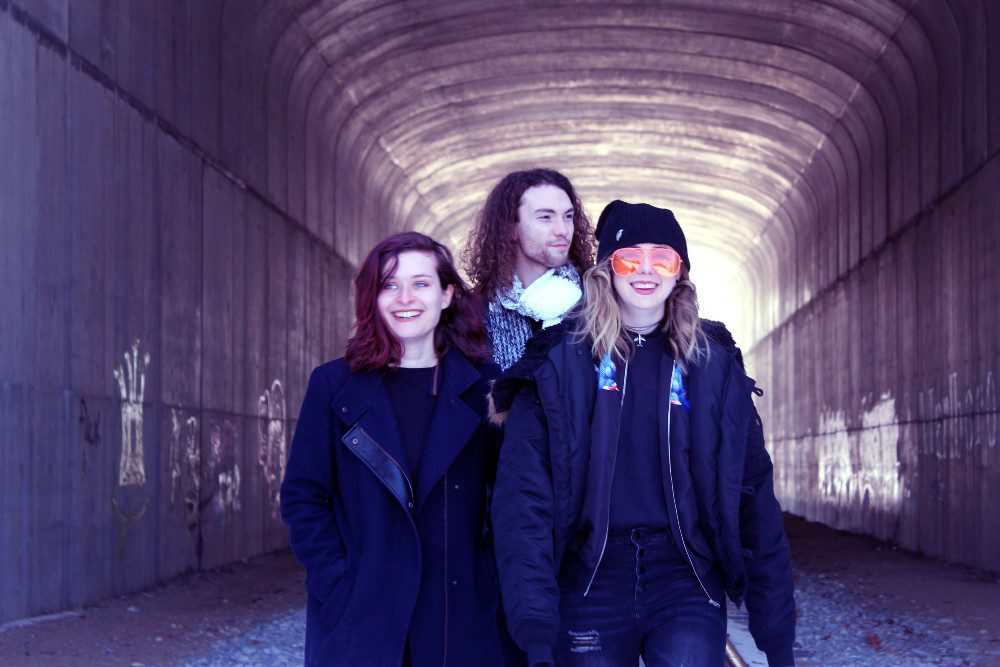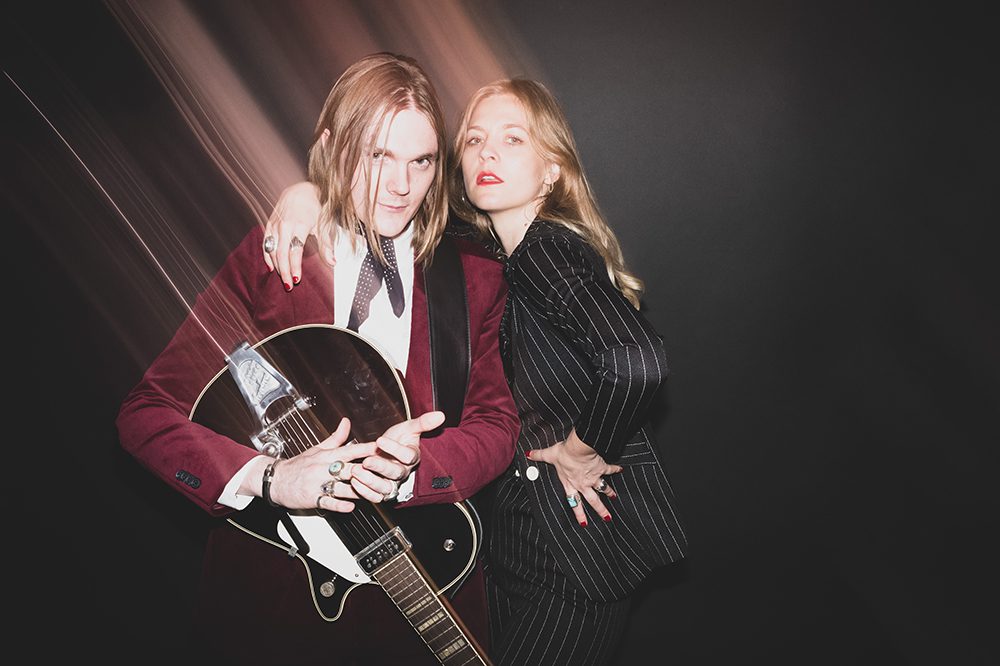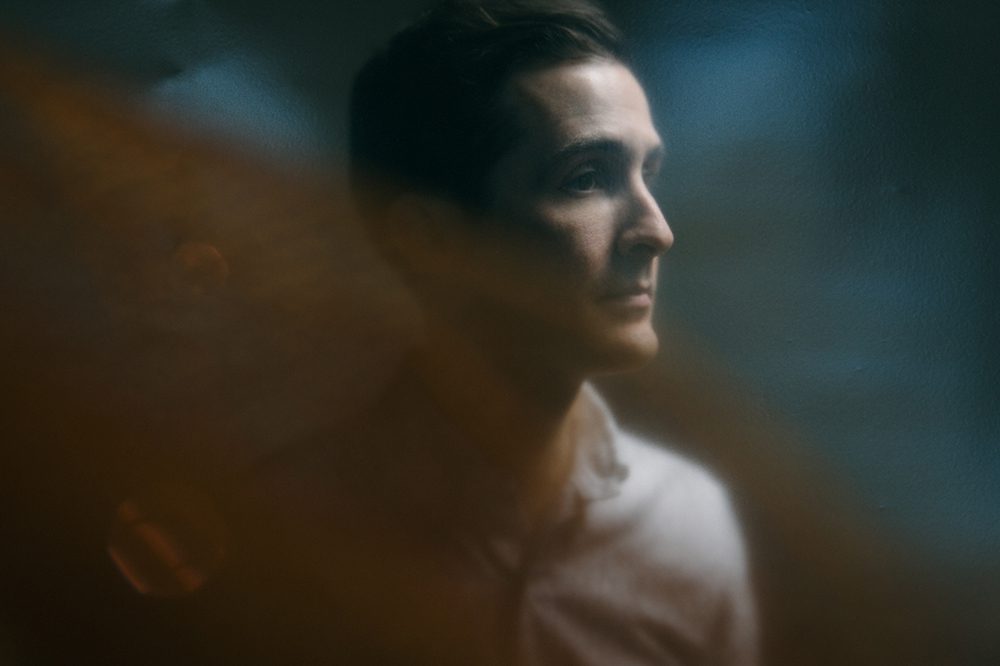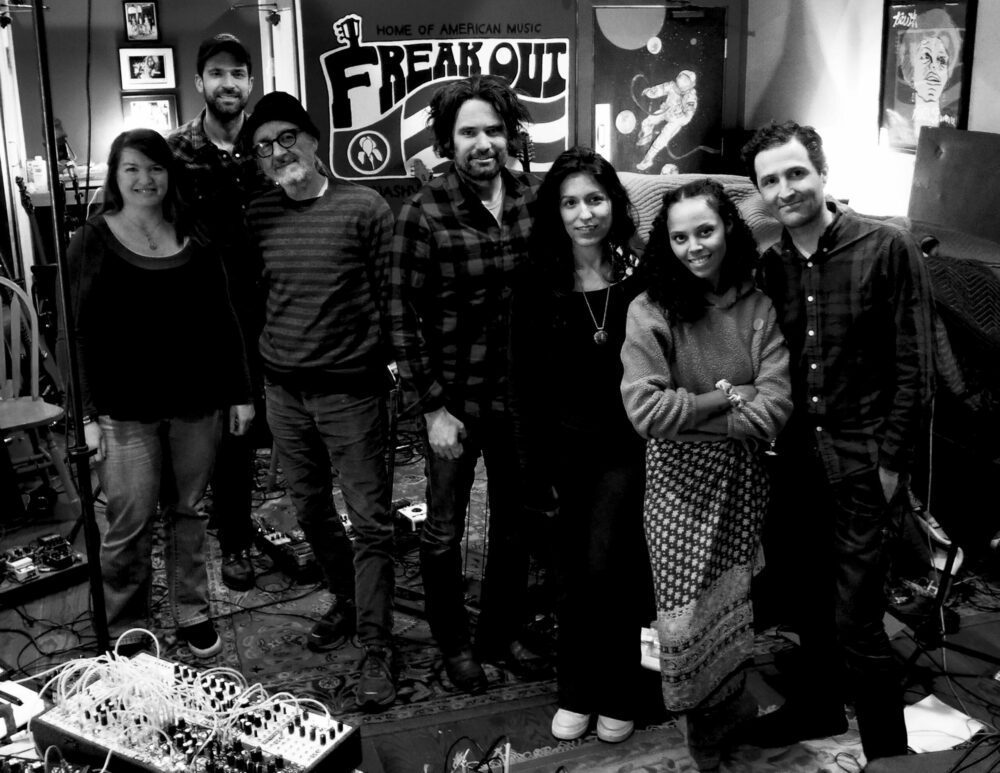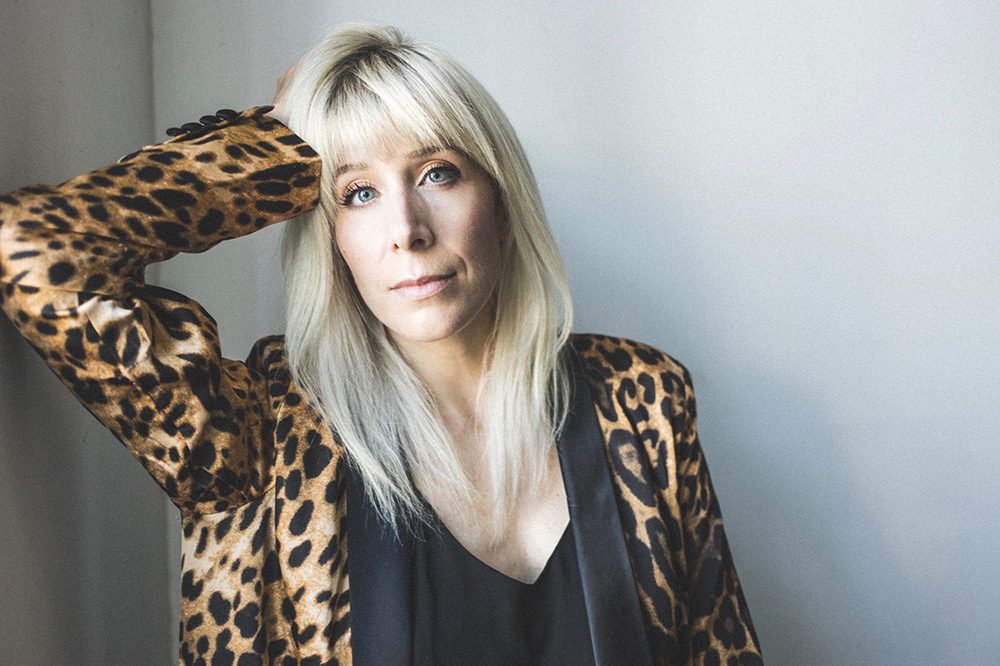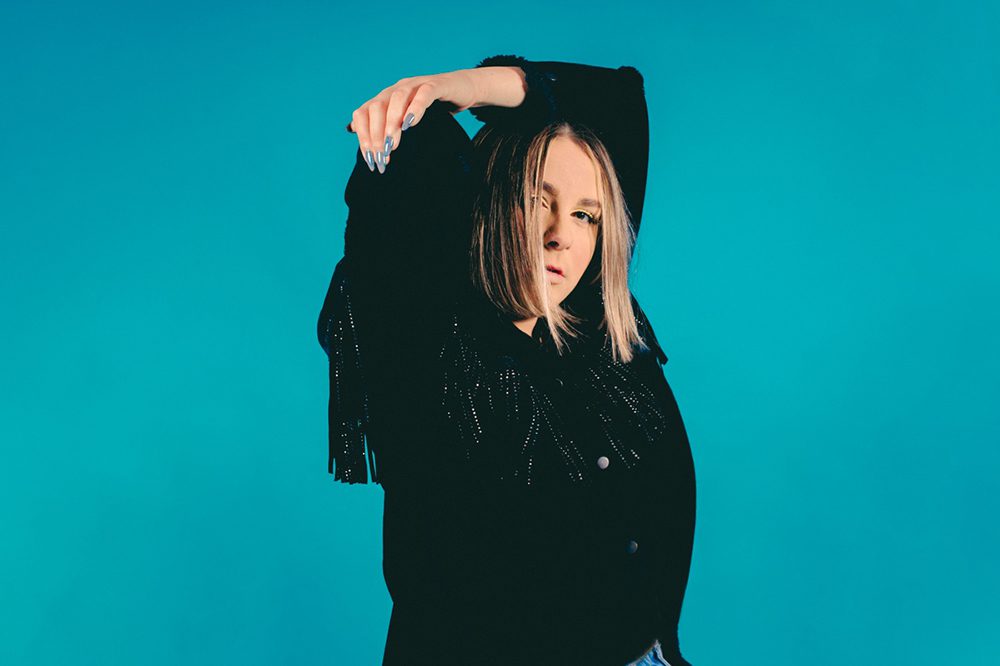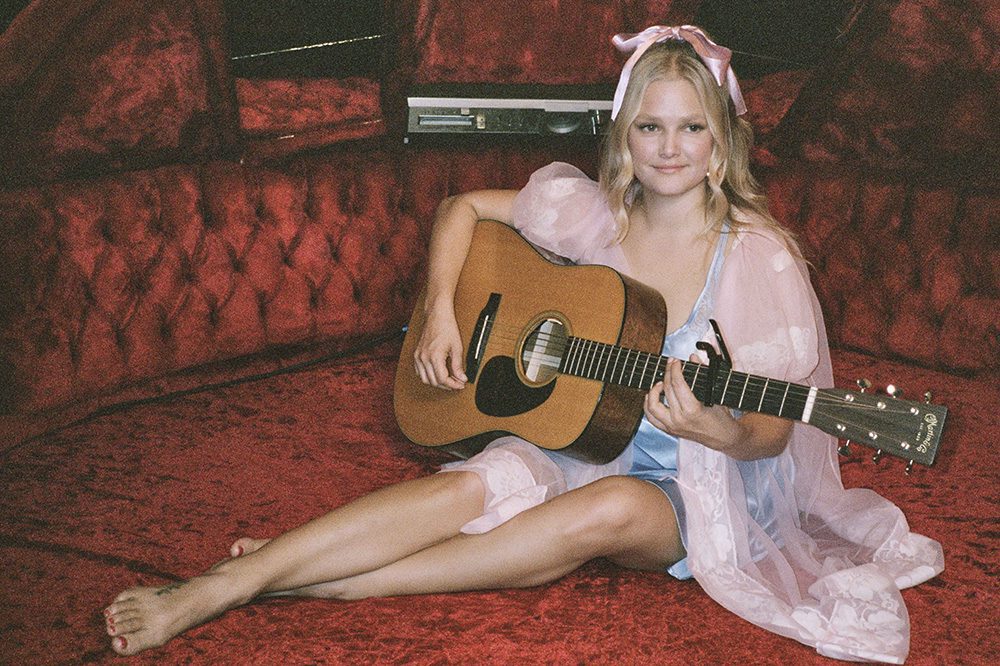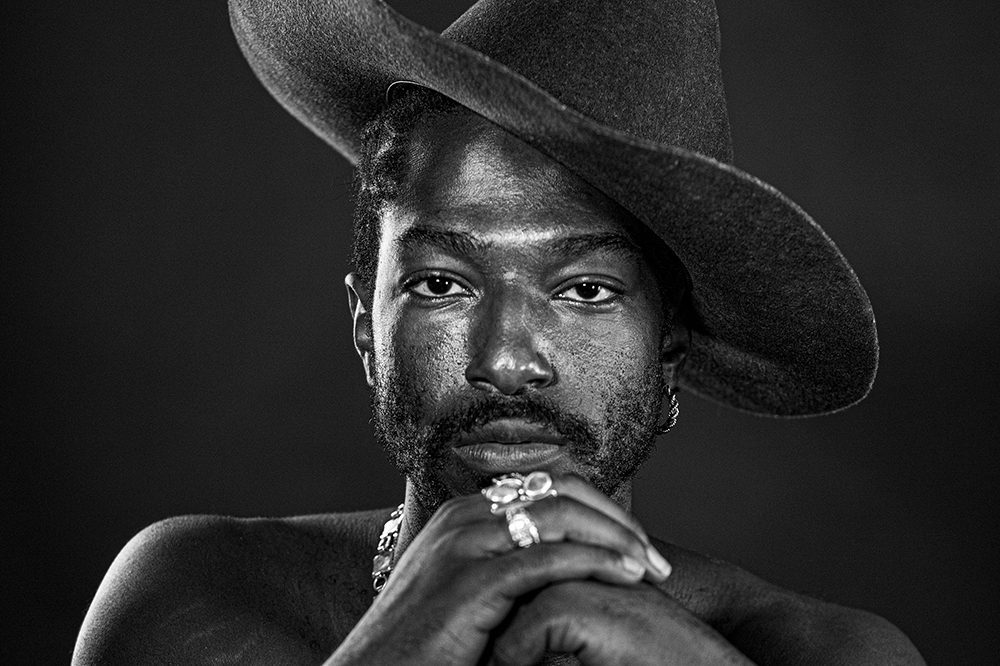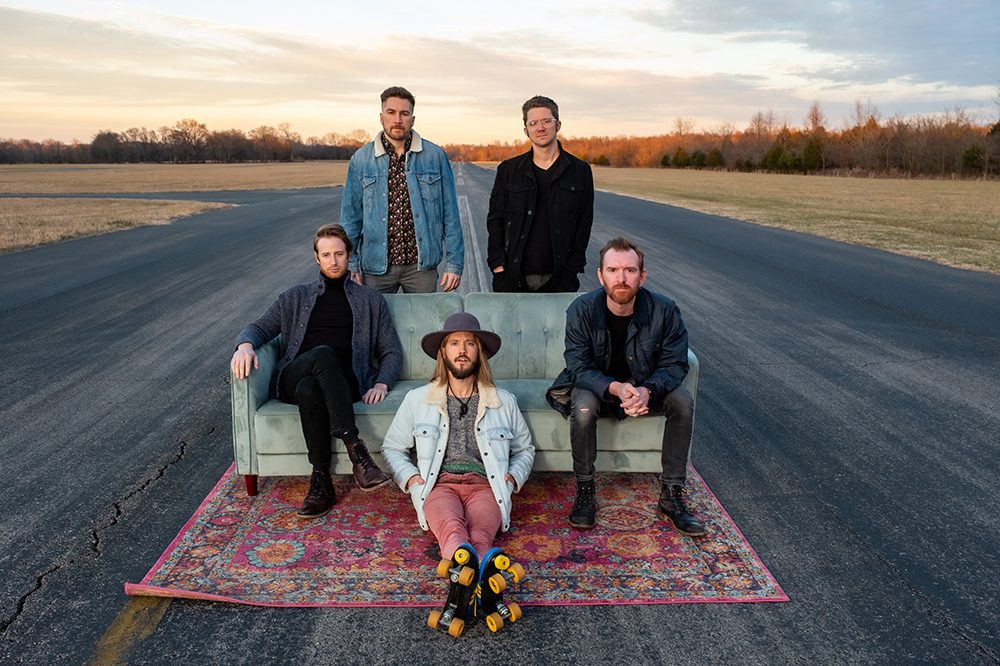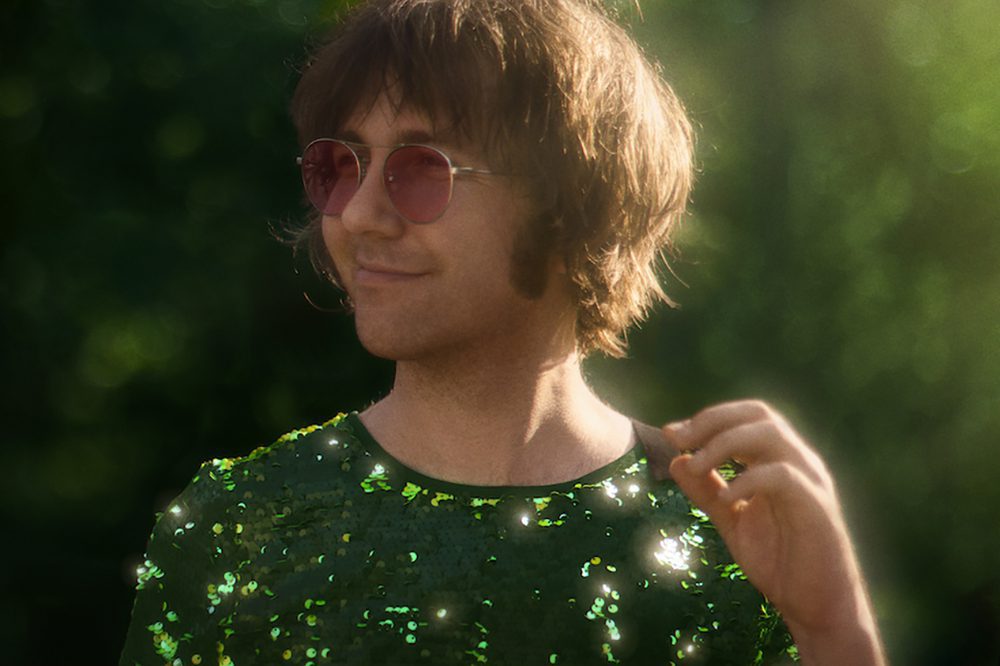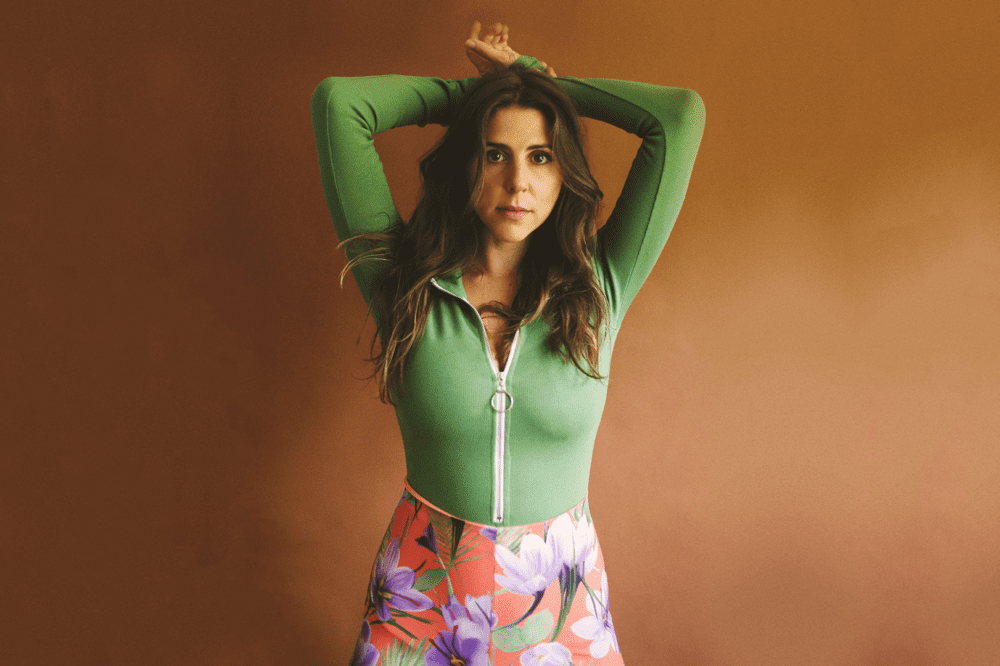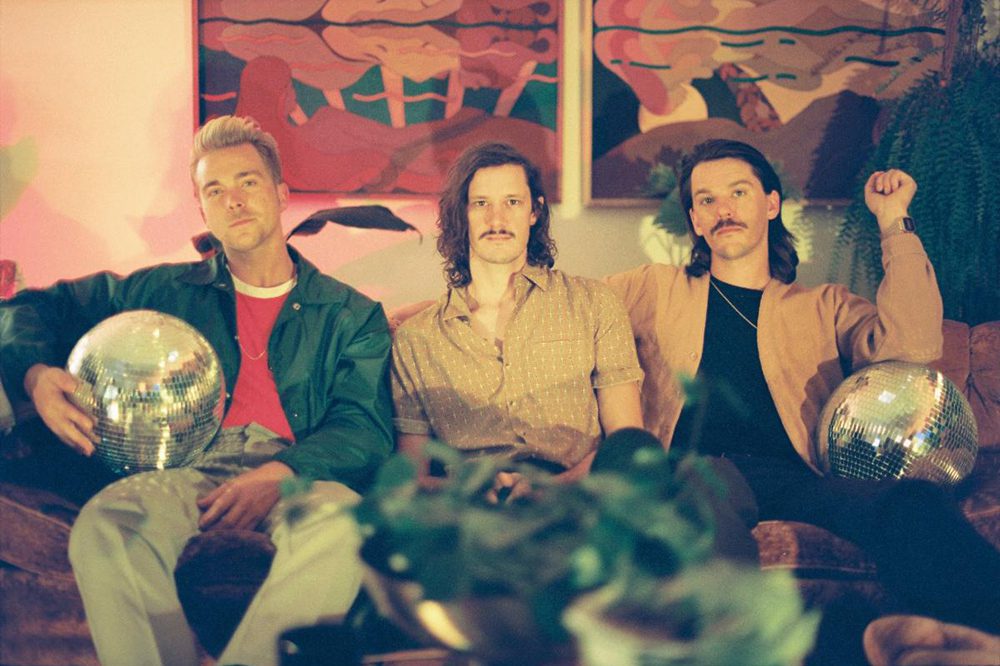Rodney Eldridge Lives Life with Intention on Black Box EP
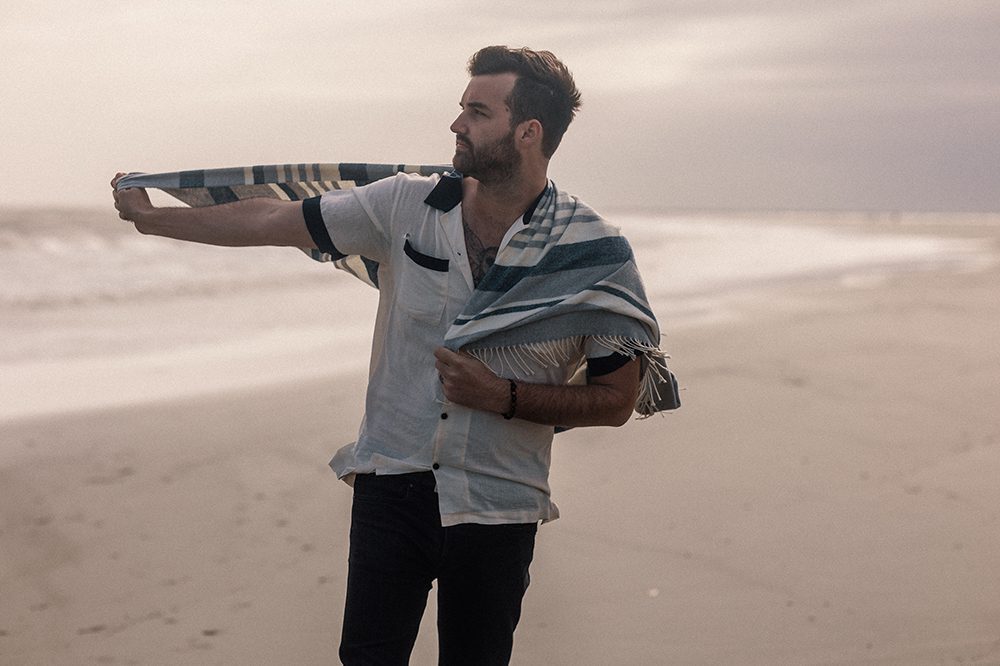

If you want to know Rodney Eldridge’s life story, just listen to his music. The North Carolina-born musician and filmmaker discovered his instinct for music while spending his childhood days poised at the piano, playing one-finger chords as he deciphered which notes sounded best together. “Piano became a really big escape for me. It’s the first time I was like, ‘this is so therapeutic,’” Eldridge reminisces with Audiofemme.
As a child, Eldridge was diagnosed with a variety of learning disabilities, music serving as a sanctuary alongside reading and books. Eldridge turned the sentences on the pages into lyrics to match the melodies in his head, which led to a love of poetry and later, songwriting. He penned his first song for his middle school crush, asking her to be his date to a school dance by writing an original song as the proposal. “I think it’s always been there,” he says of his connection to music. “I would envision myself on this black stage. Everything’s blacked out but the spotlight, but I would be sitting there thinking, ‘this is it. This is my life.’”
Eldridge turned those visions into reality, setting the stage as a professional musician as part of the pop-rock band, Millennial, releasing their debut EP Dreamers in 2015. Though gaining momentum after a performance at South by Southwest, tragedy struck the group when guitarist Logan Fincher suffered a brain aneurysm that led them to temporarily disband. In the interim, Eldridge turned his attention to his other natural talent for filmmaking. Raised by a father who worked in the film industry, Eldridge was instilled with the mindset early on that if he wanted to break into the industry, he’d have to do it on his own accord. He fulfilled this part of his destiny working with a production manager based in Charlotte, quickly moving his way up the ladder to become a coordinator and production manager, graduating to the role of producer in the niche market of family-friendly films, scoring producing credits on a dozen films in his young career including the Cloris Leachman-fronted When We Last Spoke and The Warrant starring Neal McDonough of Yellowstone fame.
But throughout his filmmaking endeavors, Eldridge was always tethered to music, performing in bands and later reuniting with his Millennial bandmates to form a new group, Foxfire Run. But a major life change inspired Eldridge to go solo in 2019 when he and his wife divorced, leaving behind a trail of emotional pain that Eldridge transformed into his new EP, Black Box. “Writing’s always been like another form of therapy,” he describes. “I think with this record, you can definitely hear the rawness and the realness of it, and that’s how I’ve always written for myself. I don’t really share my emotions a lot in conversation, so a lot of times that is my way of getting out or expressing how I really feel.”
The four-song EP takes its name from the recording devices on airplanes that document all of the vital information in the event of a crash, Eldridge using the device as a metaphor for the emotional hard drive Black Box represents. “I very much felt that in my life, all these things were starting to crash. I was so overwhelmed with emotions and with life that it’s like my soul had this hard drive that was waiting for me to tap into it,” he shares. “I’m a huge advocate for self-growth and mental health, so that was a huge part of tapping into that black box and being able to be vulnerable and be real and have those moments and really hard conversations [with] myself – who are you, what do you want? I wanted tell a story. I wanted to create this journey that I’ve lived and tell it in a cohesive way.”
He takes listeners on this journey across a handful of deeply personal songs, beginning with the conversational “Came Here to Talk,” a piano-laden number that sets up an internal dialogue in which Eldridge confesses to feelings of sadness and loneliness. “I need you to know/That you’ll be okay I know,” he reassures himself at song’s end.
Then there’s “Am I Too Late?” an exploratory track wherein Eldridge reflects on his Christian upbringing and the inexplicable anger, fear, guilt and shame he lived with as a child, only to realize later in life that he’d become a passive person. The song holds a mirror up to the patterns and habits he now makes a conscious effort to break. “Healing in itself, I think, is a consistent journey. The moment you think you have it all figured out, you realize that you don’t, because something else happens and then you’re on this whole other growth path. That song comes from that place of realizing all the things in life that you’ve gone through,” he explains. “That song for me was finding that voice. I was able to pinpoint those moments in life. Once you recognize those parts of life, you’re able to then move forward from them and truly learn from it and be able to grow from it. I think that song did it for me when I was writing it. As I get to know myself I’m able to then move forward in a new way and a new light.”
He touches on this new light in lead single “The Weight.” The singer refers to the track as an “empowerment song” he penned while sitting alone in his parents’ basement singing the lyrics at the top of his lungs, releasing the emotions he was pouring into it. Eldridge greets the listener with a plucking acoustic guitar and lyrical gut punch as he sings in the vulnerable opening lines, “It’s hard to stay sober/When I’m feeling down/Kind of like right now,” conveying a feeling of being crushed under the weight of his own body. “But I won’t give up now/‘Cause I feel more empowered/Than I ever was,” he proclaims in the song’s defining closing remarks.
That empowerment stems from the intentionality “of living every day to be fully you and allowing yourself grace” Eldridge has strived to incorporate into his life following his eye-opening divorce. “I think one of the hard things for me, especially going through a divorce, is I didn’t have that intentionality with the one person you’re supposed to have that with. I am now intentionally being authentic for me,” the Nashville-based singer-songwriter expresses. “I think going through that and how I grew up, I dealt with a lot of guilt and shame that was put on me, that I kept putting on myself because of my background. Every single person is such a beautiful human and a beautiful part of the way life should be lived. Having that intentionality, going through life saying, ‘Whatever obstacles I’m in, this is meant to be lived for me,’ I think we can make that change to be intentional about everything that we say, intentionally being you, allowing yourself the freedom to just be.”
Through writing and recording Black Box, Eldridge’s spirit was liberated in a way he never knew he needed, and he hopes listeners find their own sense of freedom in the music. “I think your soul is constantly trying to talk to you. Your soul really wants you to pause and take a moment and ask those questions, dive in to you. That’s where this record really came from. It’s been one of the most freeing experiences of my life. I had to make very hard decisions, but the amount of freedom that comes along with it, words don’t even describe it,” he professes, hinting that there’s more music to come. “I want people to be them and be okay with it. I want people to find themselves and be okay with that and whatever that looks like, whatever they have to go through in order to get that kind of freedom. Putting out this record is a very weird, emotional thing for me. I really want people to feel like I’m pouring out my heart in it. If you can relate, if they can take something from it, then I’ve done my job as an artist. I just want people to love.”
Follow Rodney Eldridge on Instagram and Twitter for ongoing updates.





